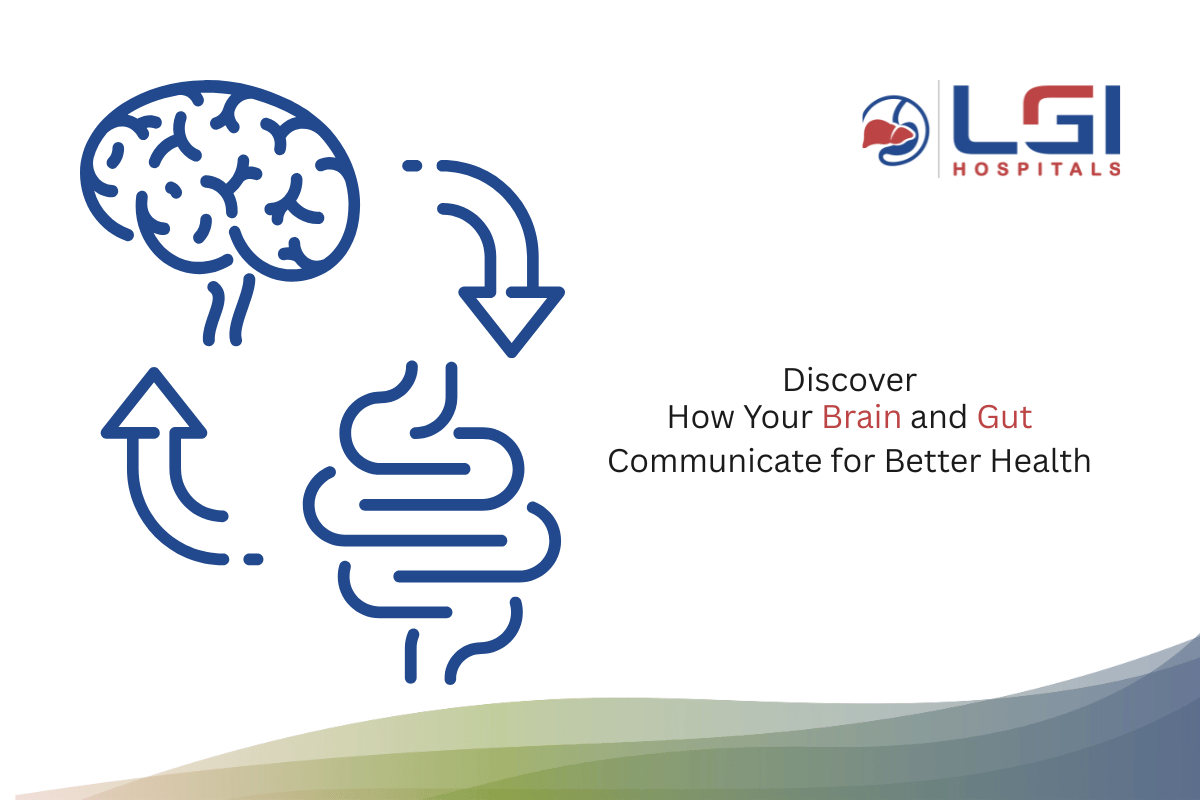Acquainting yourself with the mind-gut connection is the first step toward holistic wellbeing. This bidirectional communication network often called the gut-brain axis links emotional centers in the brain with digestive functions, influencing everything from mood and stress response to nutrient absorption and immune resilience. Understanding how this axis works empowers you to make dietary, lifestyle, and mental-health choices that nurture both your brain and your gut.
Understanding the Mind-Gut Connection
The gut-brain axis comprises:
- The central nervous system (CNS): Brain and spinal cord.
- The enteric nervous system (ENS): Often called the “second brain,” with over 100 million neurons lining the digestive tract.
- The autonomic nervous system (ANS): Sympathetic (fight-or-flight) and parasympathetic (rest-and-digest) branches.
- The vagus nerve: A direct neural superhighway between gut and brain.
- Gut microbiota: Trillions of microbes produce neurotransmitters (e.g., serotonin), short-chain fatty acids, and immune-modulating compounds.
Signals travel both ways: stress or negative thoughts can alter gut motility, secretions, and microbiome composition, while dysbiosis or GI inflammation can trigger anxiety, depression, or “brain fog.” This two-way dialogue underlies functional GI disorders like irritable bowel syndrome (IBS) and shapes overall mental health.
How the Gut Influences the Brain
- Neurotransmitter production
Gut bacteria synthesize 90% of the body’s serotonin, a key mood regulator and produce gamma-aminobutyric acid (GABA), dopamine, and acetylcholine, directly affecting brain chemistry. - Immune and inflammatory pathways
A healthy gut lining prevents excessive passage of bacterial endotoxins. When permeability increases (“leaky gut”), systemic inflammation can reach the brain, impairing cognition and mood. - Vagal signaling
Microbial metabolites and enteroendocrine hormones stimulate vagal afferents, sending rapid feedback to brain regions that govern emotion, appetite, and sleep. - Metabolic and hormonal cues
Short-chain fatty acids (e.g., butyrate) and gut-derived peptides (e.g., GLP-1) modulate stress responses and neuroendocrine function, influencing resilience to anxiety and depression.
How the Brain Influences the Gut
- Stress Response (HPA Axis): Chronic stress elevates cortisol, disrupting gut motility, blood flow, and mucus secretion, which may trigger IBS or acid reflux.
- Autonomic Imbalance: Overactive sympathetic tone slows digestion and impairs nutrient absorption; parasympathetic activation (via relaxation techniques) restores digestive efficiency.
- Behavioral Factors: Anxiety and depression often lead to poor dietary choices, irregular meal times, and reduced physical activity further harming gut health.
Practical Ways to Strengthen the Mind-Gut Axis
- Diverse, Fiber-Rich Diet
Incorporate whole grains (millets, brown rice), legumes (dal, rajma), seasonal fruits, vegetables, and nuts. Aim for at least 30 g of fiber daily to feed beneficial microbes. - Fermented and Prebiotic Foods
Include idli, dosa, curd, lassi, and kanji for live probiotics; onions, garlic, banana, and asparagus as prebiotic substrates. - Stress Management
Daily 10 minutes of meditation, mindfulness, or pranayama reduces sympathetic overdrive and normalizes gut motility. - Adequate Sleep
Aim for 7–8 hours of restorative sleep; poor sleep disrupts microbiome balance and heightens gut inflammation. - Regular Movement
Moderate exercise (brisk walking, yoga, classical dance) supports peristalsis and microbial diversity. - Avoid Triggers
Limit ultra-processed foods, excessive caffeine, and alcohol. Identify personal triggers with a gut-symptom diary. - Professional Support
For persistent GI or mental-health issues, consult a gastroenterologist or mental-health professional for tailored therapies, including psychobiotics or gut-targeted psychotherapies.
Signs of a Disturbed Mind-Gut Connection
- Frequent bloating, pain, or altered bowel habits linked to stress
- Persistent anxiety, low mood, or “brain fog” despite lifestyle efforts
- Food sensitivities or intolerances emerging during high-stress periods
Frequently Asked Questions
Q1: What is the mind-gut axis?
The mind-gut axis refers to the network of neural, hormonal, immune, and microbial pathways that enable communication between the central nervous system and the gastrointestinal tract.
Q2: Can improving my gut health alleviate anxiety?
Yes. Studies show that probiotic supplementation and fiber-rich diets can reduce anxiety symptoms by modulating gut-brain signaling and inflammation.
Q3: How quickly can diet changes affect mood?
Microbiome shifts can occur within 24–48 hours of dietary change, but consistent, long-term habits are needed for sustained mood improvement.
Q4: Are fermented foods safe daily?
For most people, daily intake of traditional fermented foods (curd, idli, pickles) supports microbial diversity and gut barrier integrity. Those with histamine intolerance should introduce them gradually.
Q5: When should I seek medical help?
If GI discomfort, anxiety, or cognitive symptoms persist despite lifestyle modifications, seek evaluation to rule out underlying disorders and consider integrated gut-brain therapies.Understanding and nurturing the mind-gut connection delivers profound benefits for both mental wellbeing and digestive health. By applying these evidence-based strategies to traditional Indian foods, stress reduction, and mindful living you can fortify this vital axis and achieve balanced mind, body, and gut harmony.

